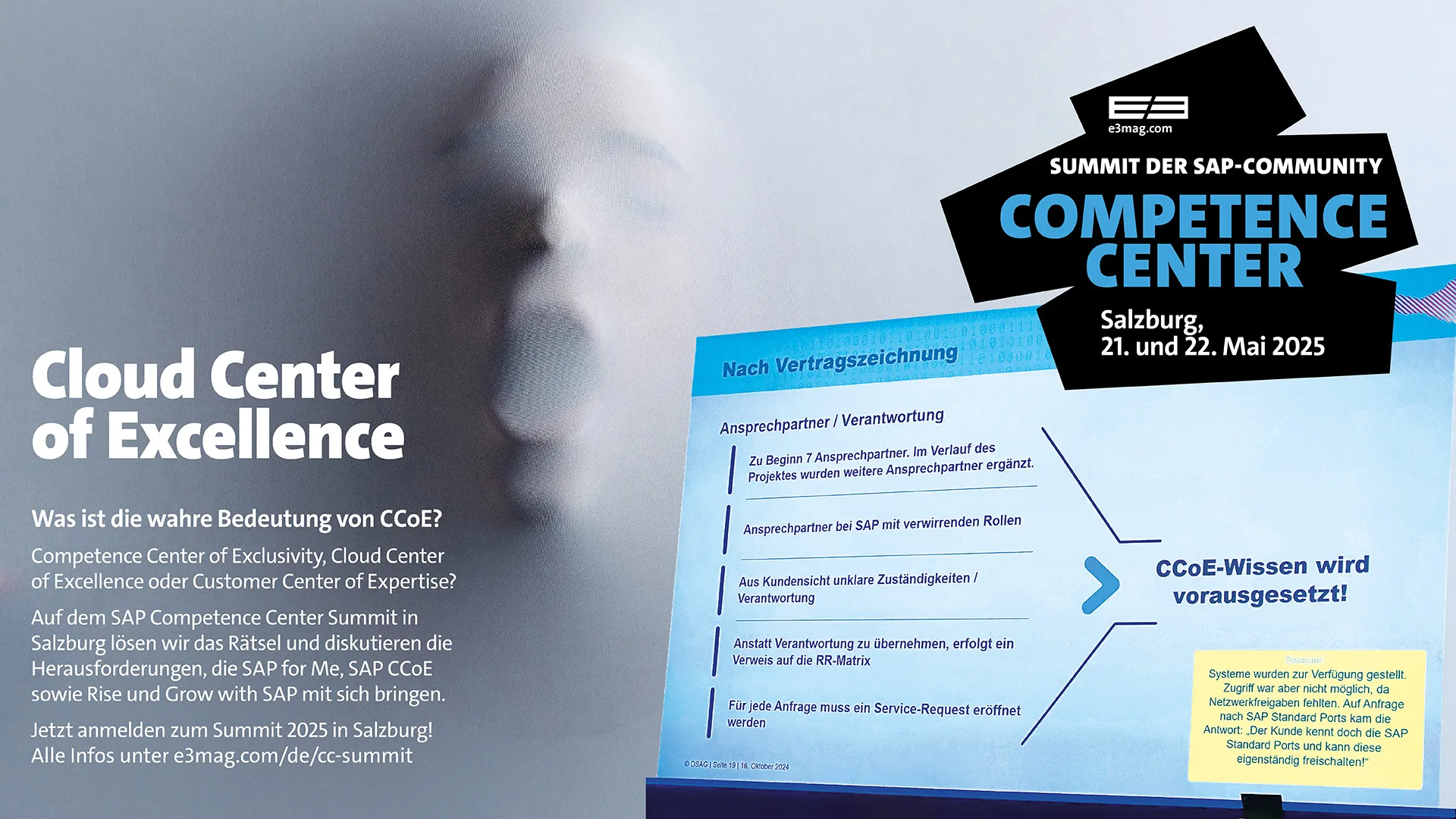AI picks up speed


Few things move companies in Germany as much as artificial intelligence (AI), machine learning (ML) and the Internet of Things (IoT). These technologies have the potential to enable new business models, optimize and automate processes, perform predictive maintenance, and save costs in the long run.
Today, IoT enables near real-time availability of information by means of sensors and connectivity and thus the digitization of many processes. It can currently be observed that IoT and AI, as well as its subfield ML, are growing ever closer together.
AI is often an accelerator. Until now, only the damage that caused a machine to come to a standstill and thus caused delays or production losses was usually displayed.
However, modern sensor technology, intelligent data analysis and digital networking make it possible to reduce malfunctions and unplanned machine failures.
IoT sensor technology provides signals that an AI can use to predict malfunctions and unplanned downtime before they occur. As a result, the AI can then also optimize maintenance intervals and identify potential for improvement in logistics and production.
AI and ML are particularly suitable for analyzing large amounts of data. Based on historical operational data, IT systems can independently identify recurring patterns.
A look at the current status of AI and ML at companies in Germany reveals a differentiated picture. According to the study "Machine Learning/Deep Learning 2019" by the market research company IDG, half of the companies use at least one ML application (57 percent).
Smaller companies with fewer than 1,000 employees, in particular, are still having a hard time choosing the right ML model, algorithms and services. Around 40 percent of respondents said they needed support in this area, for example from IT consultancies, partly because they lacked expertise and internal capacity.
In addition, the complexity of the entire IT landscape is growing. But which programs and systems work well and which work poorly together? Companies need professional help to make such decisions. Because a single person can no longer cover today's bandwidth.
What is needed, then, is always a team of experts, which smaller and medium-sized companies often cannot afford. Instead, in these fast-moving times, they run the risk of tying themselves to certain products for the long term and therefore soon possibly being cut off from rapid progress.
External AI/ML specialists ensure the correct connection and integration of AI systems into existing processes and IT structures. Some rely on special applications or need certain data that no one else should see, outsourced in a separate cloud.
And the IT consultants also offer comprehensive support on the subject of data protection. After all, the quality of AI stands and falls with the quality of the data. That's why the question of data security is crucial.
All the investments and efforts are worth it in the long run. However, there is one thing companies should be aware of, and that is that expectations are often wrong:
The implementation of AI costs time and money due to the high technical effort. The cultural change and change management are not even considered here.
Some savings can certainly be realized very quickly. However, it turns out that many positive effects are often only achieved over longer periods of time. The sooner they start integrating them into their processes and operations, the better.
Because one thing is certain: in the future, it will be impossible to imagine most companies without AI. Those who rethink products and work with AI will be among the winners. Those who fail to do so may soon be irrelevant.








